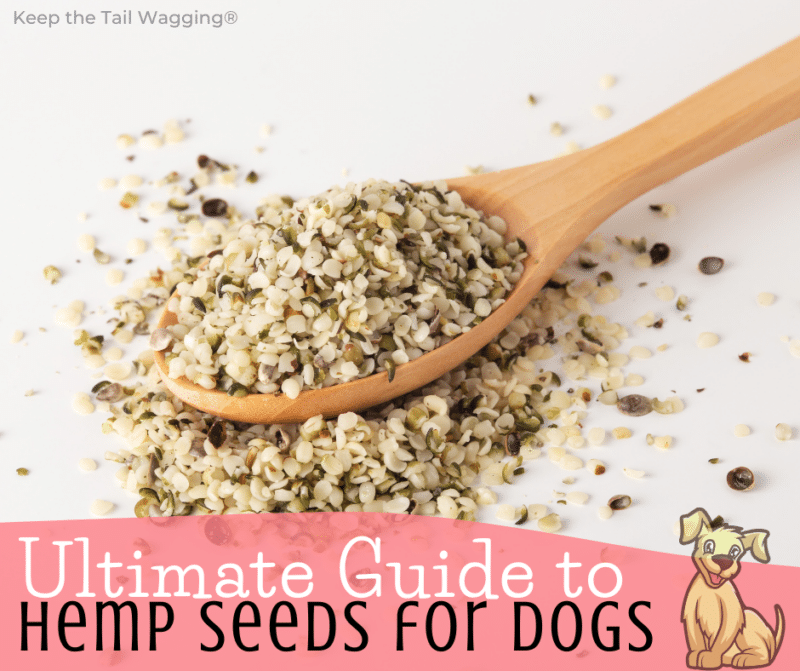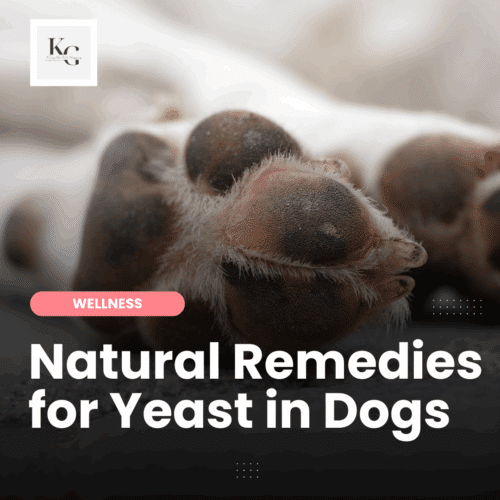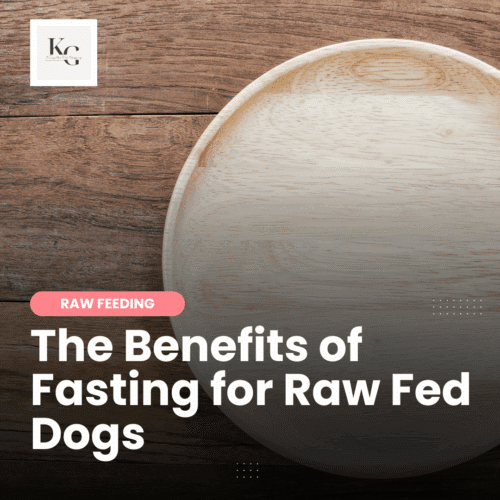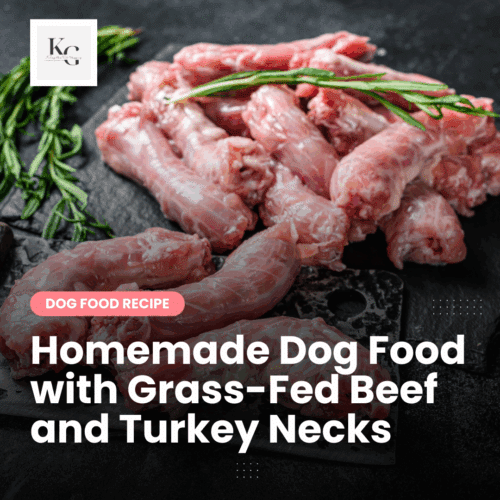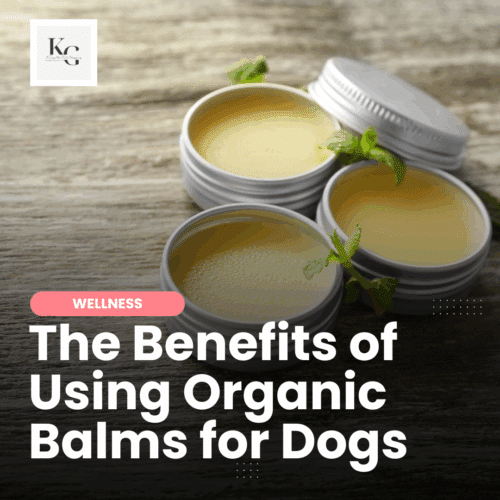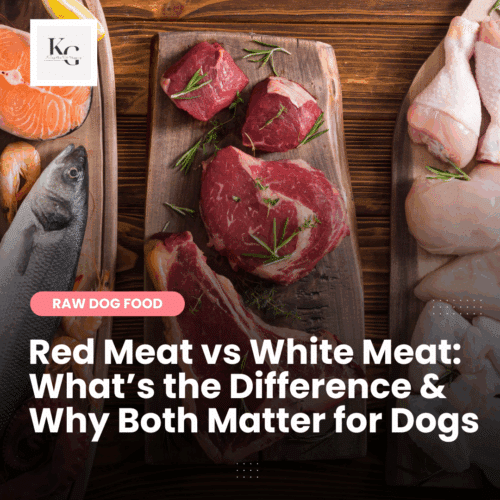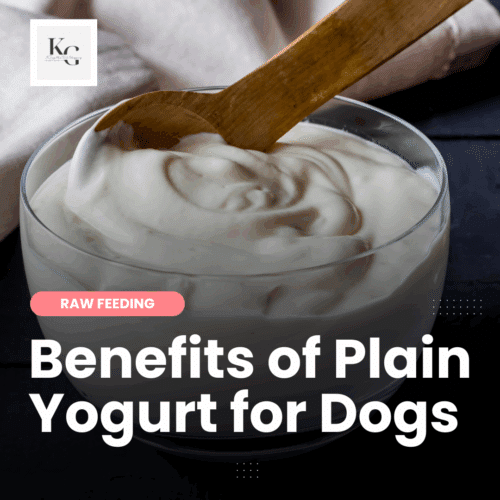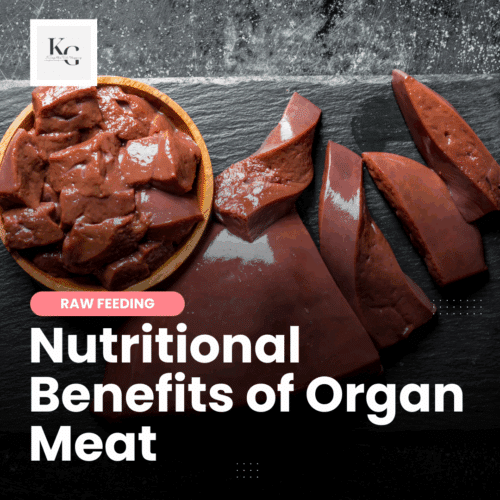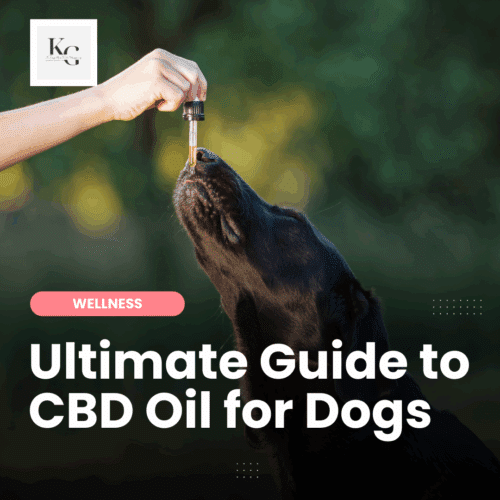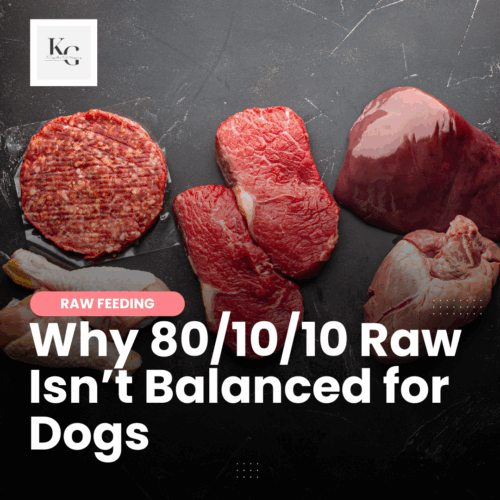Keep the Tail Wagging is supported by pet parents. I occasionally earn a commission (at no additional cost to you) when you click through an affiliate link to one of my favorite products. Thank you for your support. Read More
What are Hemp Seeds?
Hemp seeds, also known as hemp hearts, are seeds derived from the hemp plant (Cannabis sativa). These small, oval-shaped seeds have a mild, nutty flavor and a soft texture. Hemp seeds are a highly nutritious food source consumed by humans. But can dogs eat hemp seeds?
Hemp seeds are rich in healthy fats, including omega-3 and omega-6 fatty acids, which are essential for brain development, regulating blood pressure, and supporting the immune system. They also contain a good balance of all nine essential amino acids, making them a complete protein source. Additionally, hemp seeds are a good source of dietary fiber, vitamins (such as vitamin E), minerals (including magnesium, phosphorus, and potassium), and antioxidants.
Can Hemp Seeds Make Dogs High?
No. Hemp seeds contain only trace amounts of tetrahydrocannabinol (THC), the psychoactive compound found in marijuana. As a result, they do not cause psychoactive effects or have the same properties as marijuana.
Benefits of Hemp Seeds for Dogs
Hemp seeds offer several potential benefits for dogs when included in their diet. Here are a few benefits of hemp seeds for dogs:
- Hemp Seeds are Rich in Essential Fatty Acids: Hemp seeds are an excellent omega-3 and omega-6 fatty acids source. These fatty acids are vital in promoting brain development, boosting healthy skin and coat, reducing inflammation, supporting joint health, and boosting the immune system.
- High-Quality Protein: Hemp seeds are considered a complete protein source, containing all essential amino acids required for optimal health. Adequate protein is crucial for dogs' muscle development, repair, and overall growth. While hemp seeds are a good source of protein and serve as a valuable addition to a dog's diet, they do not provide all the protein needs for an adult dog on their own. Dogs are carnivores, and their diet's main protein should be animal-based (e.g., lean meats, eggs, fish).
- Heart Health: Hemp seeds are a rich arginine and gamma-linolenic acid source. Studies suggest that these nutrients may help lower the risk of heart disease.
- Digestive Health: Hemp seeds are rich in dietary fiber, which helps promote healthy digestion and regulate bowel movements in dogs. Adding fiber to your dog's diet can promote the growth of beneficial gut bacteria. Hemp seeds can be helpful for dogs with constipation or gastrointestinal issues.
- Anti-Inflammatory Properties: The omega-3 fatty acids found in hemp seeds have anti-inflammatory effects, which can help alleviate symptoms associated with conditions like arthritis, allergies, and inflammatory bowel disease in dogs. Chronic inflammation can cause heart disease, diabetes, cancer, arthritis, and bowel diseases like Crohn's disease and ulcerative colitis, according to studies. However, it can be challenging to pinpoint the exact impact of prolonged inflammation.
- Support for the Immune System: Hemp seeds contain various vitamins and minerals, including vitamin E, zinc, and magnesium, which can support a healthy immune system in dogs, supporting overall well-being and preventing disease.
- Weight Management: Hemp seeds are nutrient-dense and contain healthy fats, which can help dogs feel fuller for longer. Including hemp seeds in their diet can aid in weight management and prevent excessive weight gain or obesity. Hemp seeds are an excellent alternative to adding green beans to the bowl, which only make a dog feel fuller.
Side Effects of Hemp Seeds for Dogs
Hemp seeds are generally considered safe and well-tolerated for dogs. However, some individuals may experience mild side effects or allergic reactions. Here are a few potential side effects to be aware of:
- Digestive Discomfort: Hemp seeds are high in fiber, which can lead to digestive issues such as gas, bloating, or diarrhea, mainly if consumed in excessive amounts. Introducing hemp seeds gradually into your diet is advisable to allow your digestive system to adjust.
- Allergic Reactions: Although rare, some individuals may have an allergic reaction to hemp seeds. Allergies to hemp seeds may manifest as itching, rash, hives, or swelling. If your dog experiences unusual symptoms after consuming hemp seeds, discontinue use.
- Interaction with Blood Thinners: Hemp seeds contain omega-3 fatty acids, which may have blood-thinning effects. If you or your pet are taking blood-thinning medications, it is advisable to consult with a healthcare professional or veterinarian before incorporating hemp seeds into your diet, as there may be potential interactions.
- Hemangiosarcoma: HSA is a highly malignant cancer arising from cells that generally create blood vessels; it commonly affects the spleen, liver, right atrium of the heart, and skin. Dogs diagnosed with HSA often experience internal bleeding from tumors, and dog owners are told to avoid foods high in Omega-3 fatty acids, which decreases the body's blood clotting capabilities.
Feeding Hemp Seeds to Dogs + Dosage
Feeding hemp seeds to dogs can be a great way to incorporate nutritious and beneficial food into their diet. If you're giving your dog hemp seeds in their solid form, it's best to limit the amount to 1 tablespoon per day. For puppies, it's recommended to limit it to only half a tablespoon.
Here are a few ways you can feed hemp seeds to your dog:
- Raw: Hemp seeds can be fed to dogs raw, just as they are. You can sprinkle a small amount of hemp seeds onto your dog's regular food as a topper. Start with a small quantity and observe how your dog reacts to it. Adjust the amount as needed, keeping in mind that moderation is key.
- Ground or Powdered: You can grind hemp seeds into a fine powder using a blender or coffee grinder and mix it into your dog's food. Grinding the seeds can make them easier for your dog to digest and maximize nutrient absorption. However, grinding isn't necessary to access the nutrients, but it's recommended.
- Homemade Treats: You can incorporate hemp seeds into homemade dog treats. There are numerous recipes available online that use hemp seeds as an ingredient. I often make dehydrated dog treats with lean ground turkey (or beef), hemp seeds, and shredded, dog-safe vegetables. When making dog treats, keeping temperatures low is recommended; cooking the hemp seeds at temperatures above 350 F (177 C) can destroy the healthy fatty acids.
- Hemp Seed Oil: Another option is supplementing your dog's food with hemp seed oil. Hemp seed oil is derived from the seeds and contains a good balance of omega-3 and omega-6 fatty acids. It's essential to choose a high-quality, cold-pressed oil specifically made for pets and follow the recommended dosage. Hemp seed oil doesn't oxidize as quickly as fish oil; however, only 30% of the ALA (alpha-linolenic acid) in hemp seeds is converted to EPA (eicosapentaenoic acid) and DHA (docosahexaenoic acid), which is what dogs need.
Remember to gradually introduce hemp seeds into your dog's diet and monitor for adverse reactions.
